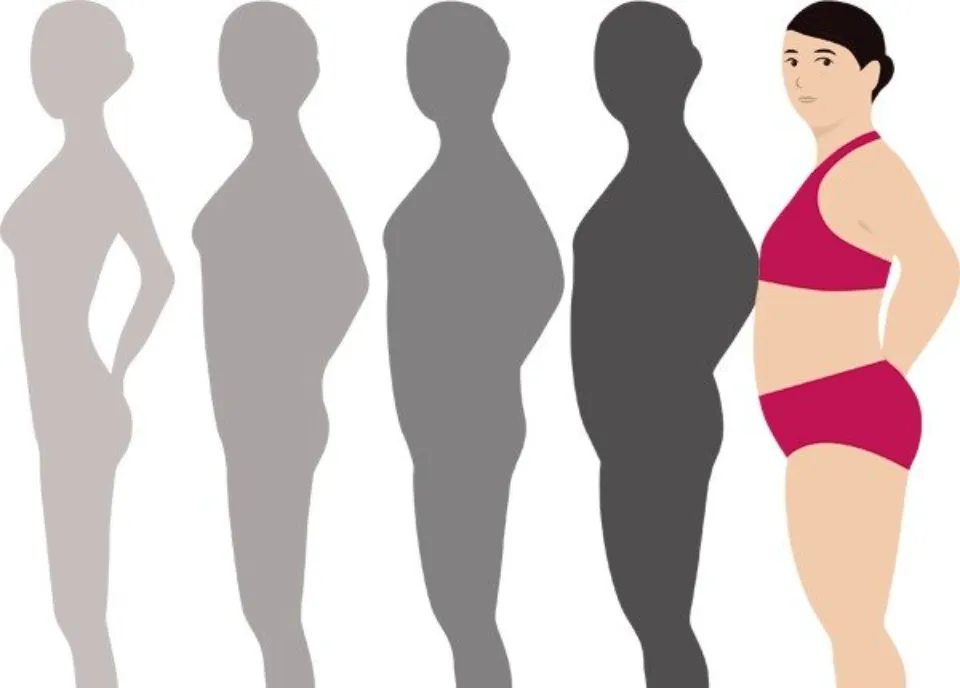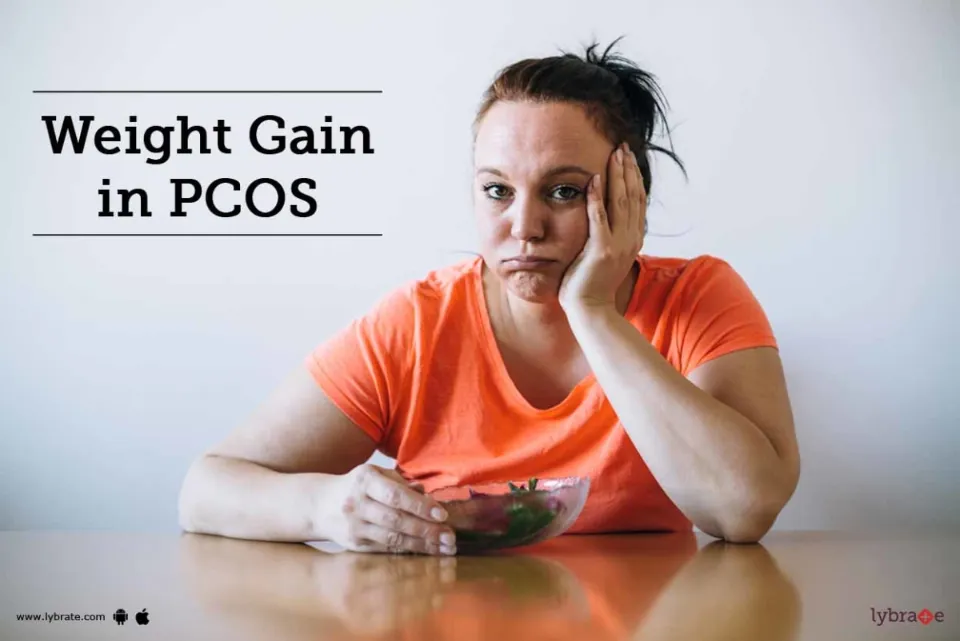Most women have to deal with weight gain at some point. However, weight loss can be a never-ending struggle for women who have polycystic ovary syndrome (PCOS).
In women of childbearing age, PCOS is the most prevalent hormonal disorder and can affect fertility. Women who have PCOS have higher levels of male hormones and are also less sensitive to insulin or are “insulin-resistant.” The majority are obese or overweight. The risk of diabetes, heart disease, sleep apnea, and uterine cancer may therefore be higher in these women.
If you have PCOS, you can lose weight and lessen the severity of the condition by making some lifestyle adjustments.
What is Polcystic Ovary Syndrome (PCOS)?
Reproductive, hyperandrogenic, and metabolic features characterize the common female condition known as polycystic ovary syndrome (PCOS). Obesity worsens the genetic condition known as polycystic ovary syndrome. Based on epidemiological data and more recently confirmed through genetic studies, obesity and PCOS are closely related. The effects of weight gain and obesity on PCOS development are mediated by a number of different mechanisms.
Important mechanisms include the steroidogenic and reproductive effects of hyperinsulinemia as well as insulin resistance’s metabolic effects. It appears that the production of adipokines by visceral and subcutaneous fat contributes to metabolic process. Given the complexity of PCOS pathogenesis, it is crucial to take into account any potential effects of PCOS on further weight gain or, at the very least, on attempts to lose weight and maintain it through dietary and lifestyle changes.
Why Does Polcystic Ovary Syndrome (PCOS) Cause Weight Gain?
Insulin, a hormone that normally aids in converting the sugars and starches in food into energy, is more challenging for the body to use in PCOS. Insulin and sugar, or glucose, can accumulate in the bloodstream as a result of this condition, known as insulin resistance.

The production of male hormones known as androgens is boosted by high insulin levels. An increase in body hair, acne, irregular periods, and weight gain are all signs of high androgen levels. The weight gain is typically in the abdomen because it is brought on by male hormones. Men typically hold more sway in that area. Women with PCOS therefore have more of an apple shape than a pear shape.
The riskiest type of fat is abdominal fat. Because it raises the risk of heart disease and other illnesses, it is the reason for this.
Risks Associated With PCOS-related Weight Gain
Weight gain can be harmful to your health for any number of reasons. Women with PCOS are more likely to develop many of the problems associated with weight gain and insulin resistance, including:
- Type 2 diabetes
- High cholesterol
- High blood pressure
- Sleep apnea
- Infertility
- Endometrial cancer
Heart disease may develop as a result of many of these conditions.
Weight gain may also contribute to PCOS symptoms like acne and irregular menstruation, according to experts.
Management Strategies for Weight Gain and PCOS

Appetite Suppression Strategies
Following weight loss, appetite stimulation is a major factor that continues for at least a year and contributes to weight gain. Future treatments that suppress appetite enhancement after initial weight loss make sense.
Some gut peptides, like peptide tyrosine tyrosine (PYY), are being promoted as potential future therapies to supplement lifestyle strategies for weight maintenance after initial weight loss due to promising data on the appetite-suppressing effects of key gut peptides. These gut peptide therapies, however, will probably be pricey and require injectable administration. Therapies to reduce hyperlipidemia may also reduce hyperandrogenemia in PCOS, in addition to suppressing appetite.
Mindfulness Approaches
It makes sense to speculate that using mindfulness techniques with other aspects of lifestyle change, such as physical activity, will help obese women with PCOS successfully adopt these changes. We believe that a self-taught mindfulness technique, applied through a suitable infrastructure that reaches a large portion of the population, could be a cutting-edge and successful method for encouraging obese women with PCOS to maintain their body weight after experiencing initial weight loss.
Thus, in obese PCOS women, mindfulness practices could support dietary and exercise modifications. Future investigation ought to concentrate on this.
Regular Workouts
Although not a novel approach, it is worthwhile to think more deeply about the advantages of physical activity in PCOS (independent of any weight-loss). Aerobic exercise can improve reproductive function in women with PCOS, including normalization of menstrual cyclicity and ovulation rates.
In fact, in about 50% of women with PCOS, exercise seems to improve menstrual cyclicity and/or ovulation (possibly through improvements in insulin sensitivity). The risk of anovulation can be increased by excessive exercise (more than 60 minutes per day), whereas the risk of anovulatory infertility is decreased by exercise that lasts between 30 and 60 minutes per day. For this reason, encouraging moderate exercise while discouraging excessive exercise are crucial health messages for PCOS-affected women.
Summary
It’s critical to take lifestyle decisions seriously if you want to lose weight in a healthy way when it comes to PCOS women. Weight loss for women with PCOS can be greatly aided by reducing intake of processed and high-sugar foods and choosing healthier alternatives instead, along with managing sleep schedules, exercising, and managing stress.



